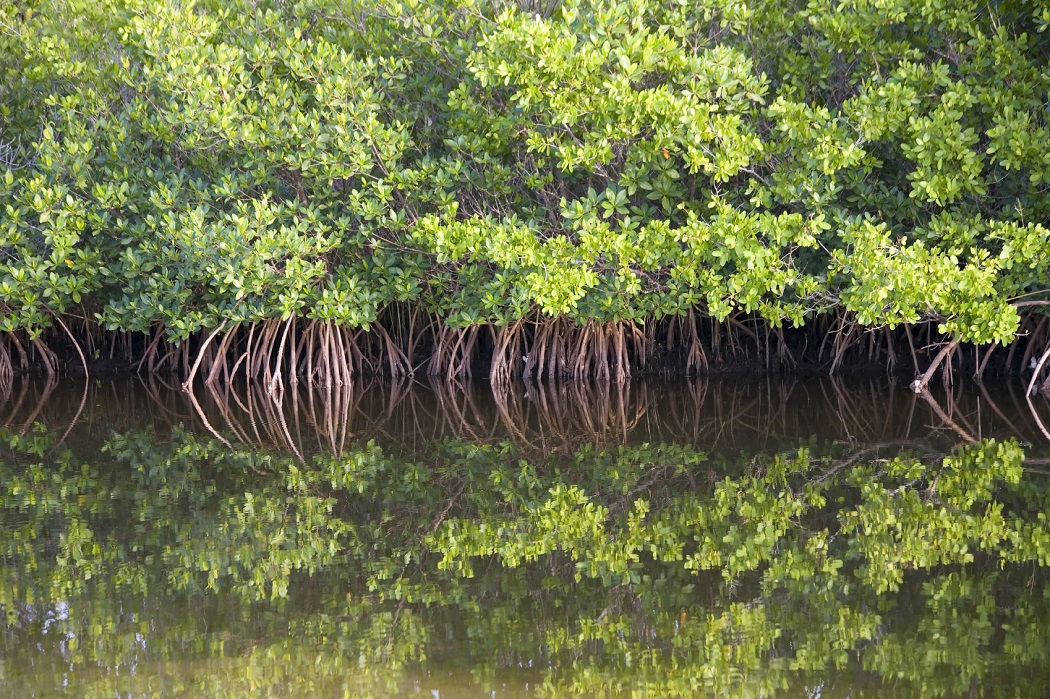Activity page

Share
Related Links
Assessment and Economic Valuation of Coastal Protection Services Provided by Mangroves in Jamaica
CHALLENGE
Jamaica’s coastal areas play vital economic and social roles and reduce vulnerability to natural hazards. Protecting and restoring these coastal habitats is both an opportunity and a need. Targeting mangrove ecosystems could increase resilience to climate change, reduce the risk to disasters in coastal areas, and provide co-benefits associated to livelihoods maintenance (i.e. tourism) and food security (i.e. fisheries). This activity will support the Government of Jamaica in promoting cost-effective coastal protection measures through mangrove ecosystems enhancement.
APPROACH
- Measure physical data on the natural capital associated with mangrove forests of varying quality in Jamaica;
- Estimate the coastal protection services provided by mangroves, including as an economic value;
- Undertake a habitat risk assessment to evaluate the risk posed to mangrove habitats by human activities, and identify the potential reduction of ecosystem services involved in coastal protection;
- Conduct a cost-effectiveness analysis, comparing different coastal protection measures and associated co-benefits.
RESULTS
This project has been completed. Final outputs delivered as part of this effort include:
- The Mangrove Monitoring and Evaluation Manual-Jamaica.This provides detailed instructions on replicating the monitoring methods for mangrove forests - ecological, biophysical and socio-economic aspects. This Manual is applicable to other small island developing states, as well as other tropical countries. In addition, the online mapping tools are capable of providing mapped outputs for other projects, is publicly open for all audiences, and is adaptable overtime. The workshops throughout the project provided stakeholders with theoretical and hands on capacity building in the elements of the data collection for them to replicate within their organizations.
- online tool for coastal management and risk reduction
- The Final Dissemination Report entitled Forces of Nature: Assessment and Economic Valuation of Coastal Protection Services Provided by Mangroves in Jamaica. This report supports the growing interest within the development agenda to include nature-based solutions for disaster risk management (DRM), and provides vital information for discussion on climate change adaptation and mitigation, insurance, and disaster recovery decisions. This report provides knowledge on the current health status of Jamaican mangroves, how the loss of mangroves can increase coastal flood risk and identifies potential risk reduction measures. It also presents important data on benefits beyond coastal protection such as erosion control, water quality, carbon sequestration, and fisheries provision, which can have significant implications on poverty reduction.
For stories and updates on related activities, follow us on twitter and facebook , or subscribe to our mailing list for regular updates.
Last Updated : 06-15-2024








